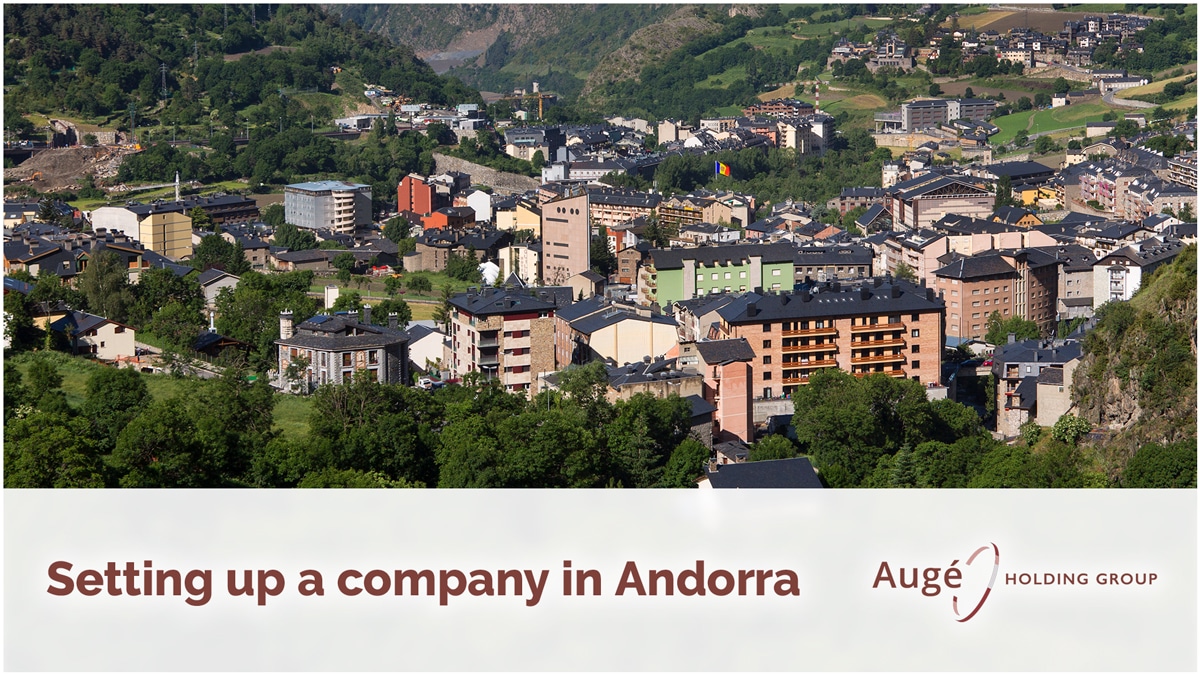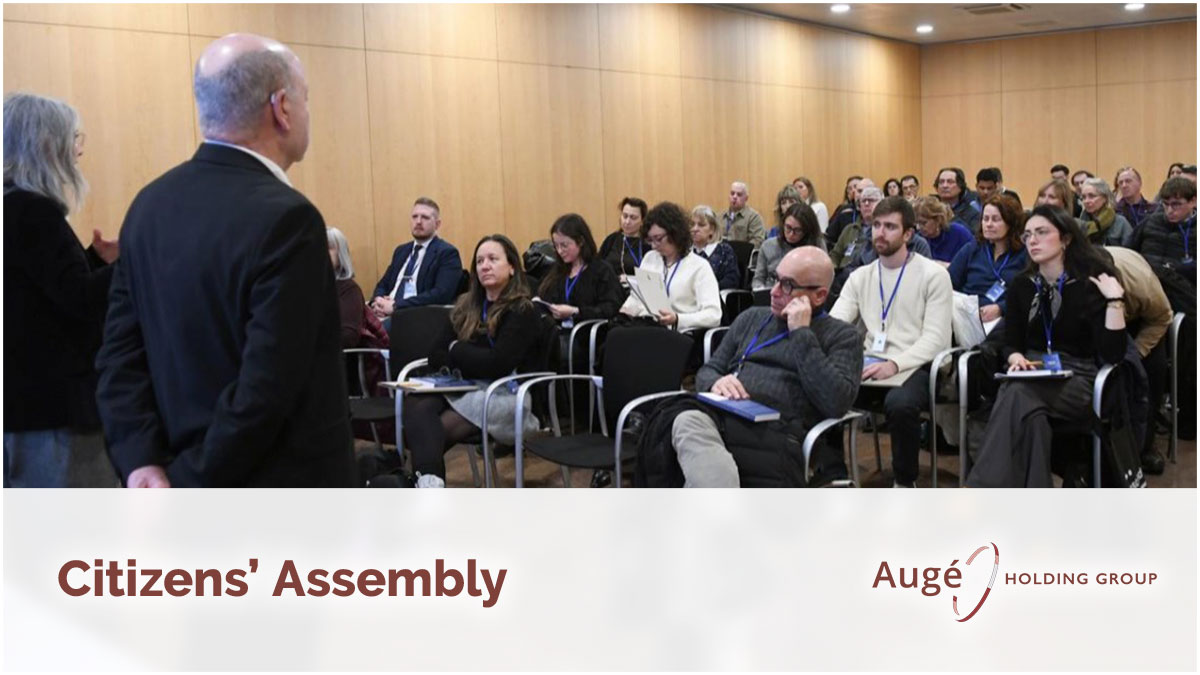Table of contents
ToggleWhat is a Public Limited Sports Company?
A Public Limited Sports Company (P.L.S.C.) is a corporate form specialized in the management of professional sports activities. It is structured as a traditional public limited company but with an exclusive corporate purpose focused on participation in and organization of sports competitions. This legal model seeks to professionalize the management of sports clubs by incorporating business and economic criteria, while adapting to the particularities of sport.
In the Principality, the development of P.L.S.C.s is at an early stage and is based on three regulatory frameworks.
This legal framework allows sports clubs to evolve from an associative structure to a corporate form that facilitates professional management, investment attraction, and participation in high-level international sports competitions.
Importance within sports law and the professional sports system
The P.L.S.C. represents a significant step forward in Andorran sports law. It introduces governance and accountability mechanisms typical of commercial law into the sports sector, contributing to transparency, professionalization, and financial sustainability of clubs.
Moreover, the professional sports system requires a robust corporate structure to compete in national and international leagues, access funding sources, and comply with administrative and sporting requirements. P.L.S.C.s facilitate this adaptation by combining sports management with business management.
This phenomenon is not exclusive to Andorra. The Spanish experience has shown that public limited sports companies are a key pillar for the professionalization of sport, enabling clubs such as Sevilla FC, Atlético de Madrid, and Valencia CF to operate with financial transparency and stability, thanks to their specific regulation and adapted corporate model.
Applicable national legislation
The regulation of P.L.S.C.s in Andorra is spread across three main laws:
Law 20/2023, of 23 October, consolidated text on associations: regulates the initial constitution and functioning of sports clubs under the associative model.
Law 37/2018, of 20 December, on Sport in the Principality of Andorra: establishes the basis for the organization and regulation of sport, including provisions regarding the transformation of associations into public limited sports companies.
Law 20/2007, of 18 October, on Public Limited and Limited Liability Companies: general legislation regulating the constitution, operation, and obligations of public limited companies, including P.L.S.C.s.
Law 37/2018 provides for the possibility of transforming a sports association into a public limited company, referring to Law 20/2007 for commercial aspects such as share capital, incorporation, and administration.
Differences with a traditional company
Although a P.L.S.C. is a public limited company, it presents significant differences compared to a traditional commercial company:
- Exclusive corporate purpose: limited to sports activities and sports management.
- Purpose: focused on the promotion, competition, and development of professional sport, not on generic commercial activities.
- Specific regulation: subject to both sports law and commercial law.
- Participation and control: shareholding composition and decision-making are usually subject to controls protecting the sporting and social interests of the club.
Exclusive corporate purpose: participation in sports competitions
The corporate purpose of a P.L.S.C. must focus exclusively on organizing, managing, and participating in sports competitions, including related auxiliary activities such as athlete training, facility management, and sports promotion. This exclusivity distinguishes P.L.S.C.s from other public limited companies with diverse commercial objects and ensures that management remains focused on sports development.
Minimum capital and incorporation requirements
Law 37/2018 establishes that the transformation or incorporation of a P.L.S.C. must comply with the general requirements for public limited companies as set out in Law 20/2007. Specifically, the minimum share capital required for the incorporation of a P.L.S.C. is €60,000, in line with that law.
This capital must be fully subscribed and paid up, serving as a guarantee of financial stability and commitment to the development of professional sports activity.
In addition, specific requirements must be met regarding the presentation of a sports and economic project that justifies the viability and sustainability of the P.L.S.C.
Legal responsibilities of directors
The directors of a P.L.S.C. have civil, criminal, and administrative liability arising from corporate and sports management. They must act with diligence, loyalty, and transparency, ensuring compliance with commercial and sports law.
In particular, they may be held liable for:
- Breach of legal and statutory obligations.
- Negligent or fraudulent management causing damage to the club or third parties.
- Breach of specific rules on economic and financial control in sport.
In this regard, Law 37/2018 and Law 20/2007 provide sanctions and control mechanisms to prevent mismanagement.
Practical cases and comparison with Spain
In Andorra, the transition to the P.L.S.C. model is ongoing, with notable examples such as:
- FC Andorra, which, after being acquired by Kosmos Holding, adopted the corporate form to strengthen its structure and aim for higher-level competitions.
- MoraBanc Andorra, a professional basketball club that operates under this model to meet the requirements of the ACB League.
In Spain, the Public Limited Sports Company model has been well established since the 1990s, with emblematic clubs such as:
- Sevilla FC, Atlético de Madrid, and Valencia CF, which adopted the S.A.D. form to ensure professional and transparent management, open to investors and regulated by specific rules for sports clubs.
This model has been key to professionalization, enabling greater financial control and competitiveness, though it has faced challenges in governance and shareholder control.
On the other hand, two of Spain’s largest clubs, FC Barcelona and Real Madrid CF, are notable exceptions, as they continue to operate as sports associations. This uniqueness stems from their large membership base, history, and stability, allowing them to maintain an associative model with strong member participation in decision-making.
This exception has fueled an important debate in sports law: while S.A.D.s seek to professionalize and make management more flexible, the associative model offers a more democratic and social structure, though less profit-oriented.
The Spanish experience provides a diverse and enriching perspective on how different corporate structures can adapt to the specific characteristics of each club and sporting context.
The Principality, with its recent regulation, appears to align with the trend of professionalization and legal formalization that characterizes the Spanish model, while adapting the P.L.S.C. figure to its own regulatory and sporting reality.





